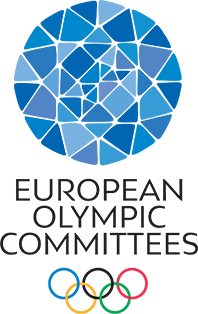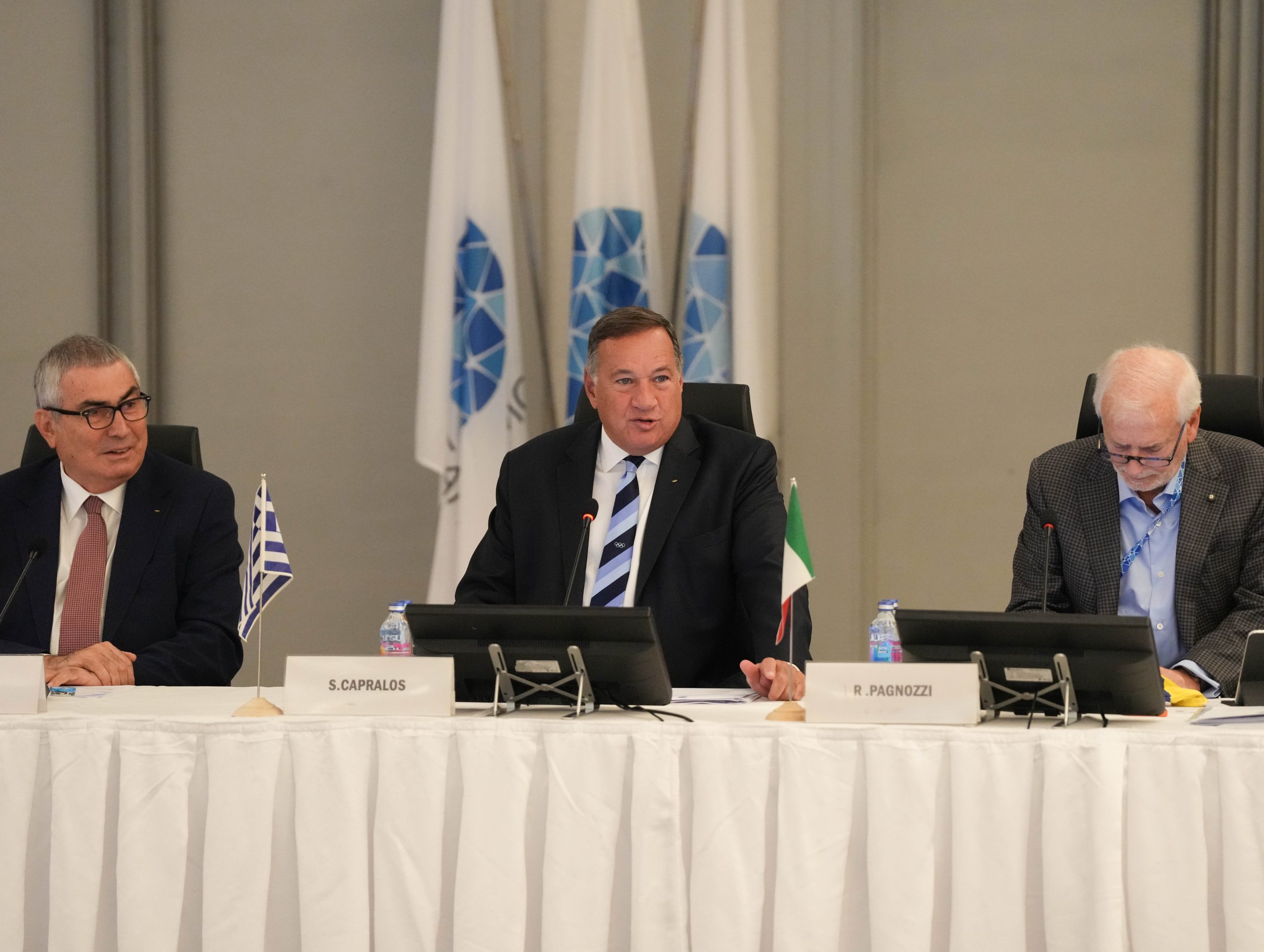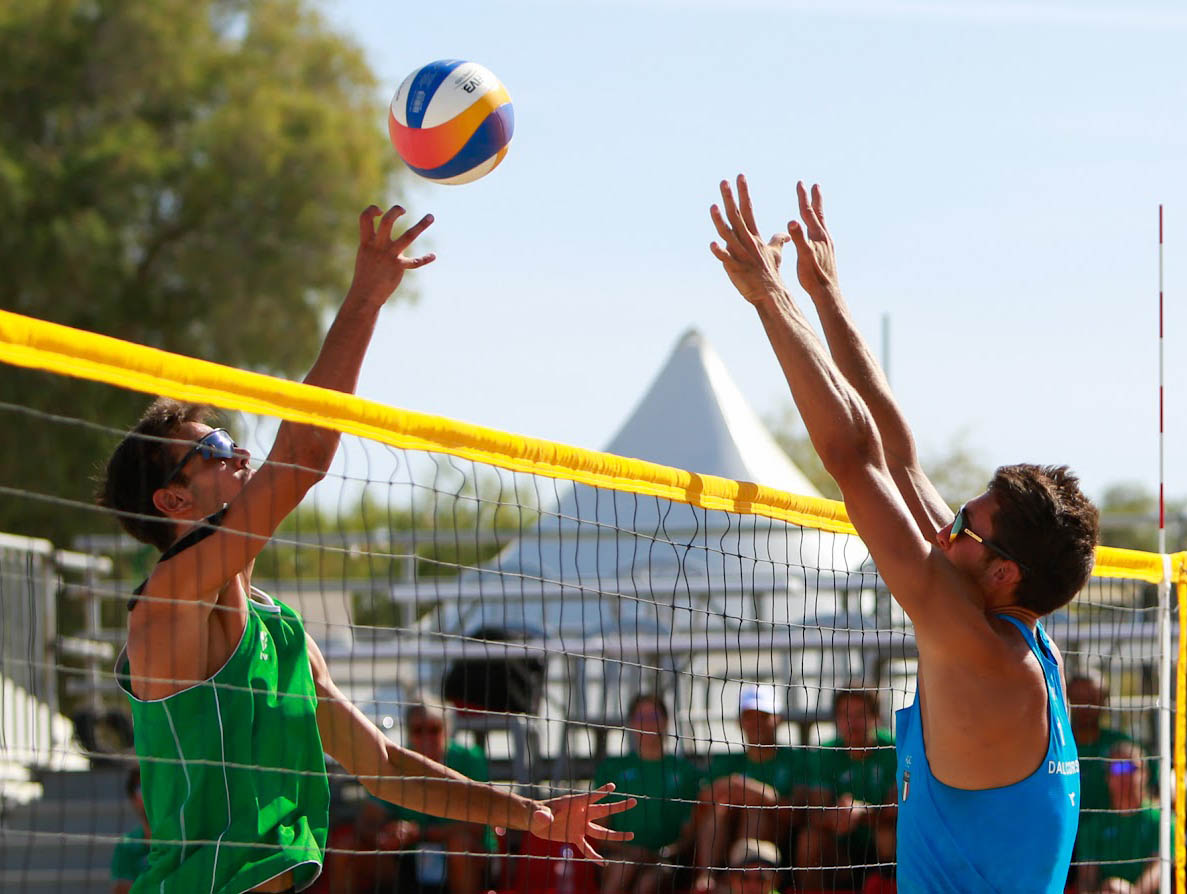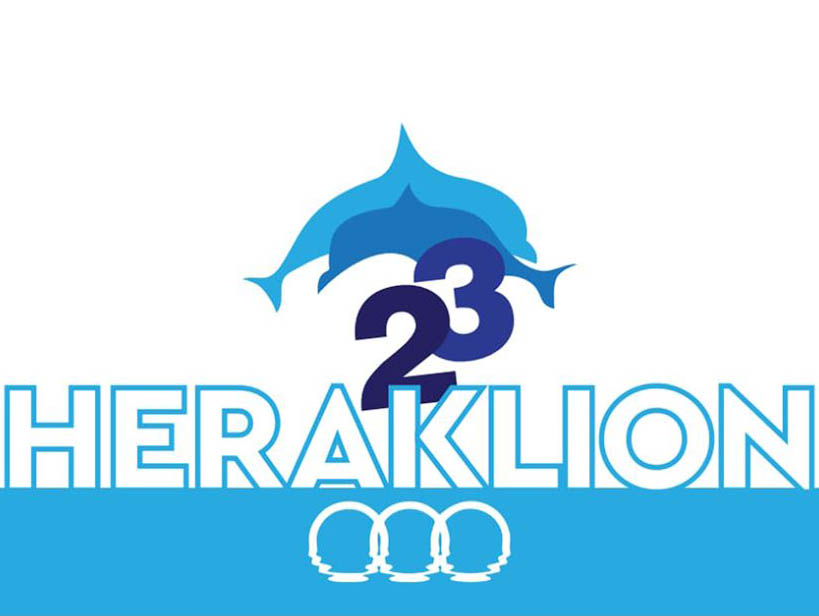The global pandemic has affected all Olympic Movement stakeholders in one way or another, and the Paris 2024 Organising Committee for the Olympic and Paralympic Games is no exception.
What is exceptional is the way it has dealt with the adversity.
“Right at the start of the crisis … the idea was to look for creative solutions; not just to adapt, but in fact to strengthen our project in this new context, knowing that creativity is often born of constraint,” said Paris 2024 President Tony Estanguet, whom the European Olympic Committees (EOC) recently caught up with for an update on preparations for the XXXIII Olympiad.
The three-time Olympic champion added that the world can expect an “even more spectacular, sustainable” Games than originally envisaged in three years’ time as a result of a revised masterplan, one focused on efficiencies and keeping things simple.
The 43-year-old IOC Member also gave his thoughts on planned digital innovations for Paris 2024, the work of the National Committee Services team, and much, much more.
EOC: How has the pandemic impacted preparations for Paris 2024 and how have you managed to overcome any challenges?
Tony Estanguet: “Like everyone, we have had to adapt. But we have been determined not to lower our ambitions.
Right at the start of the crisis, we launched a big collective exercise involving all our teams and stakeholders. The idea was to look for creative solutions; not just to adapt, but in fact to strengthen our project in this new context, knowing that creativity is often born of constraint.
We focused a lot on finding efficiencies in operational delivery, benefiting from the simplifications put in place for the Tokyo Games. The result is our revised masterplan, which was approved by the IOC, IPC and our Advisory Board in December.
The plan is just as compact and even more spectacular and sustainable than before, with all the iconic venues maintained and greater sharing of venues across different sports. This has allowed us to remove two proposed temporary venues and helped save 400 million euros to ensure our budget will remain balanced.
The foundations of our project were already strong since our goal has always been to offer a new model for inclusive, responsible and sustainable Games that are in tune with today’s world. Doing things differently is how we work, and the pandemic has created an opportunity to make the Paris 2024 project even stronger.”
EOC: With Tokyo 2020 set to be staged without international spectators and many other restrictions, how important will it be for you to host a Games that celebrate a return to normalcy?
TE: “Of course, we hope for everyone’s sake that the global health context will be much improved by 2024, even if we remain alert and ready to adapt.
Celebration is a core pillar of the Paris 2024 vision. With our spectacular venue plan, we are aiming to take sport out of the stadiums and into the streets and the heart of communities, to allow as many people as possible to benefit from the unique atmosphere of the Games.
What is important is not returning to normal, but supporting the evolution of the Games by offering a whole new kind of experience in which spectators become active participants. This is the case, for example, with our mass participation marathon, which will take place on the same day and course as the Olympic event.”
EOC: What can we expect from the Olympic Games Paris 2024 in terms of digital innovation?
TE: “Building on my previous answer, we are looking at ways to use digital technology to amplify and make the Games experience more participative for spectators, for example through connected sports activities – an area in which we are working together with the IOC.
A good example of what we are already doing is the Paris 2024 Club, an innovative fan engagement platform that uses gamification techniques, offering members the chance to win once-in-a-lifetime Paris 2024 experiences: competing against champion athletes, for example, or running in the Torch Relay.
Paris 2024 is the first Olympic and Paralympic Games Organising Committee to have a cross-functional innovation department, and digital innovation will also be part of our operational legacy. For instance, we are working to develop a common venue modelling tool that will cut the requirements for site visits by international delegations.
EOC: The new sports for Paris have youth appeal and relate to urban, hip lifestyles. Why were Breaking, Skateboarding, Sport Climbing and Surfing chosen for Paris 2024 and what added value do you think they will bring to the Olympic Games?
TE: “We set some very clear criteria for this selection.
First, in keeping with our commitment to organize sustainable Games, we chose sports with limited athlete quotas, including two that can be integrated in a single, spectacular temporary venue cluster at the Place de la Concorde.
Second, these sports reflect our vision for sustainable, inclusive and spectacular Games, based on a belief that sport changes lives. We chose sports that are low cost and easy to practice, with the aim to inspire as many young people as possible around the world. It was also crucial that they reflected our commitment to gender equal Games.
Third, as you say, we recognized a need to reach out to a new generation, which consumes sport in a different way – integrated with their lives and social media, and as a way to express values and identity.
All the new sports respond to this shift: they are modern, daring, athletic and creative, with large and active digital communities. They definitely own their place and we think they will really complement the sports already on the programme.”
EOC: What does it mean for Europe that the Summer Games will return to the continent in 2024, the first time since London 2012?
TE: “The Olympic and Paralympic Games are a universal event, wherever they take place. But Paris 2024 will clearly have a European dimension. It is a great opportunity to promote the priorities we share with the European Union: making sports events more sustainable, for example, and promoting the role of sport for health, integration and equality.
We are working – _and will continue to work – _with the European Commission, the COE, and other European actors to leverage the Paris 2024 project at the European level, including during the French presidency of the European Union in 2022. To give one example of our engagement, the European Union is supporting the Europe-wide roll-out of our Play’In Together project, developed together with Play International, which supports the social inclusion of young people with disabilities.
More generally, we expect European citizens to form a large proportion of our international visitors when Paris welcomes the world in 2024. And with Milano/Cortina picking up the baton in 2026, Europe will be the focal point of the Games over several years. It’s a real chance to promote the role of sport and major events on our continent.”
EOC: With the launch of the French Team on social media in advance of the Games in Tokyo, bringing Olympic and Paralympic athletes together is really great and important for the entire sporting community. How has this been received across your social media channels?
TE: “Our communities on all our social media channels have been very excited and positive about this announcement! We reached 5.3M people with the launch campaign.
The united French Team is such a simple concept, which seems so obvious when we think about it, but it has really caught the imagination of French people.
For us, this is another important statement of our commitment to equal Olympic and Paralympic Games. We wanted to share a message of unity and strength and this is what the Olympic and Paralympic athletes achieved.”
EOC: In these uncertain times, how are you working with European NOCs to guide their preparations for the Paris 2024 … what should they be focusing on with regard to your Games?
TE: “The National Committee Services team has been working since the start of the pandemic to adapt to the current situation and its impact on the NOCs’ preparations for the Paris 2024 Olympic Games.
The team has realised that video calls, online events, and the use of virtual tools are here to stay. That is why we hosted the first edition of the Online Welcome Days for NOCs and NPCs in February 2021. These consisted of two sessions, one in French and English, and the second in English and Spanish. The detailed agenda included important updates regarding the Olympic Village, competition venues, sports, Games operations and services as well as the celebrations that will take place in Paris during the Games.
In addition to this, from 11 May 2021, National Committee Services team will start hosting individual online visits for NOCs and NPCs. During these visits, NOCs will be able to meet with various Paris 2024 teams and discover the competition venues through our venue plans. We plan to continue hosting online visits until 2024 to support the NOC preparations.
Going forward, the team will learn from online events and will incorporate NOC and NPC feedback into the planning for future events so that we are constantly adapting to their needs whilst respecting the latest medical advice both in France and abroad.”


















